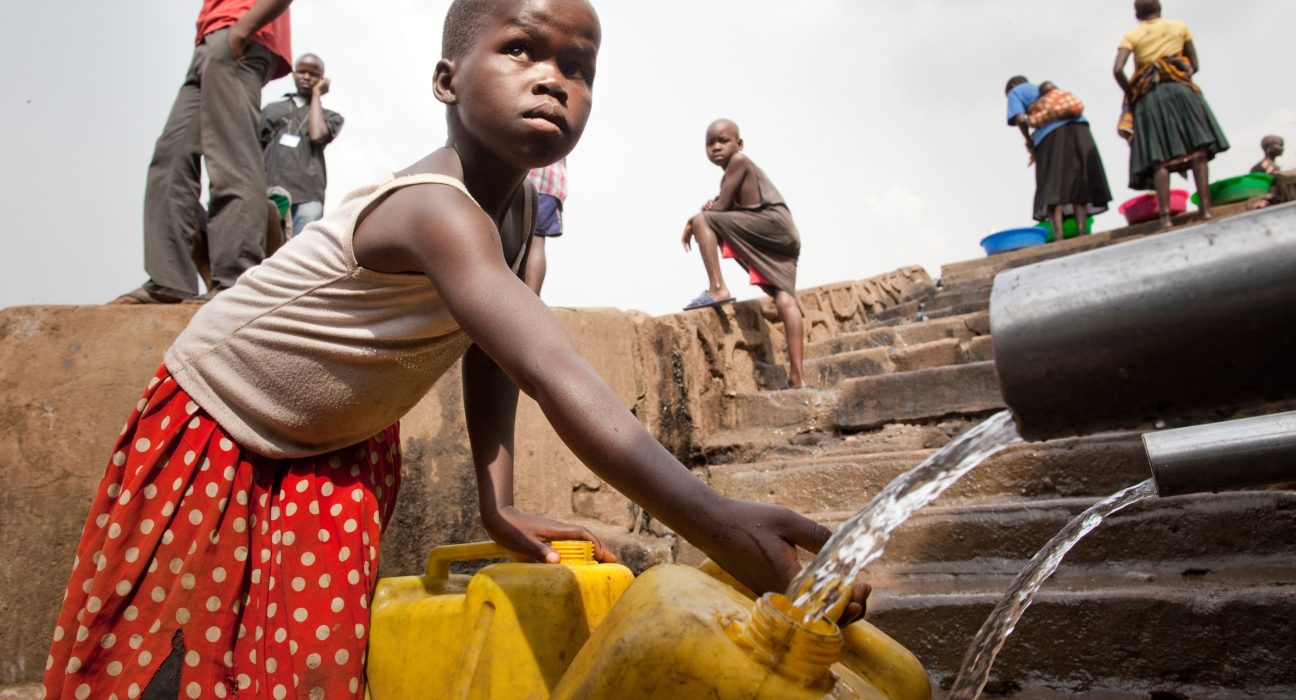Access to clean water is a fundamental human right, yet millions in developing countries struggle daily to obtain it. The growing crisis of water scarcity and unsafe drinking water not only threatens public health but also hampers economic growth and social development. Addressing this issue requires immediate global attention and sustainable solutions.
In developing countries, the lack of clean water often stems from inadequate infrastructure, poor resource management, and economic constraints. Many rural areas depend on natural water sources that are frequently contaminated by pollutants, including agricultural runoff and industrial waste. Without proper filtration systems, communities are left vulnerable to waterborne diseases such as cholera, dysentery, and typhoid, which claim thousands of lives annually.
Climate change is intensifying this crisis. Prolonged droughts, erratic rainfall, and shrinking freshwater sources are making clean water increasingly scarce. Rising temperatures exacerbate water evaporation, while extreme weather events can disrupt water supply systems and contaminate existing sources. Developing countries, already facing limited resources, are disproportionately affected by these environmental changes.
The social implications of water scarcity are vast. Women and children in many regions bear the burden of collecting water, often traveling long distances. This not only exposes them to risks but also prevents children from attending school and women from engaging in income-generating activities. The lack of access to clean water perpetuates cycles of poverty, hindering the overall development of affected communities.
Addressing this crisis requires a multifaceted approach. Investments in water infrastructure, such as building wells, reservoirs, and purification systems, are essential. Governments and international organizations must prioritize funding for these projects while ensuring transparency and efficiency in their implementation.
Education and community involvement also play a critical role. Teaching water conservation practices, promoting hygiene, and empowering local communities to manage water resources can lead to more sustainable outcomes. Additionally, embracing innovative technologies such as solar-powered water pumps and affordable desalination systems can provide clean water in regions with limited access.
Global cooperation is crucial to solving the clean water crisis. Developed countries, NGOs, and private enterprises must work together to provide financial aid, technical expertise, and policy support to developing nations. By sharing knowledge and resources, the global community can create long-term solutions to ensure clean water for all.
Water is life, and access to it should not be a privilege but a guarantee for everyone. Tackling the growing water crisis in developing countries is not only a moral imperative but also a necessity for global stability and progress. With concerted efforts, we can ensure that clean water flows freely to even the most vulnerable populations.

